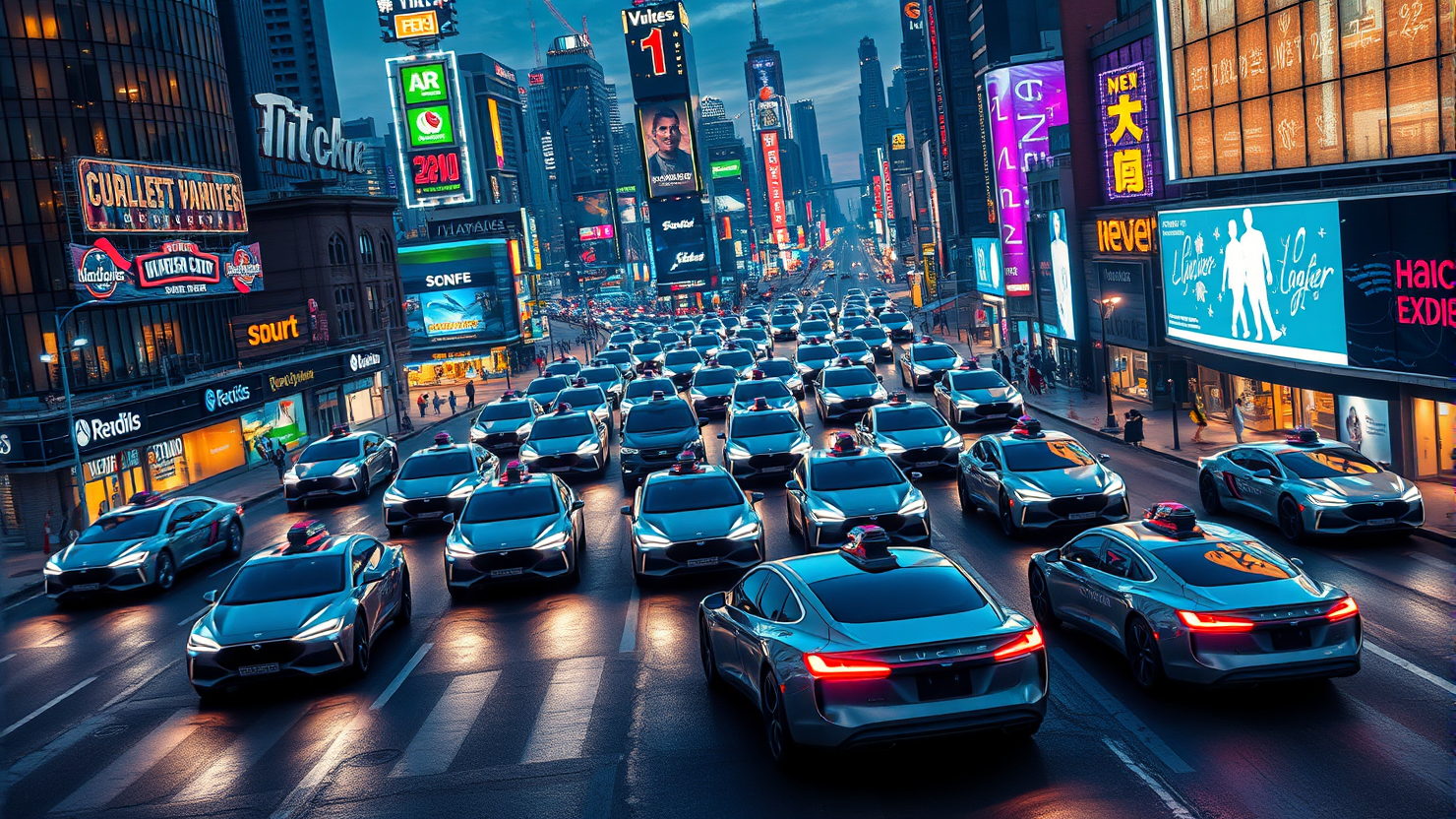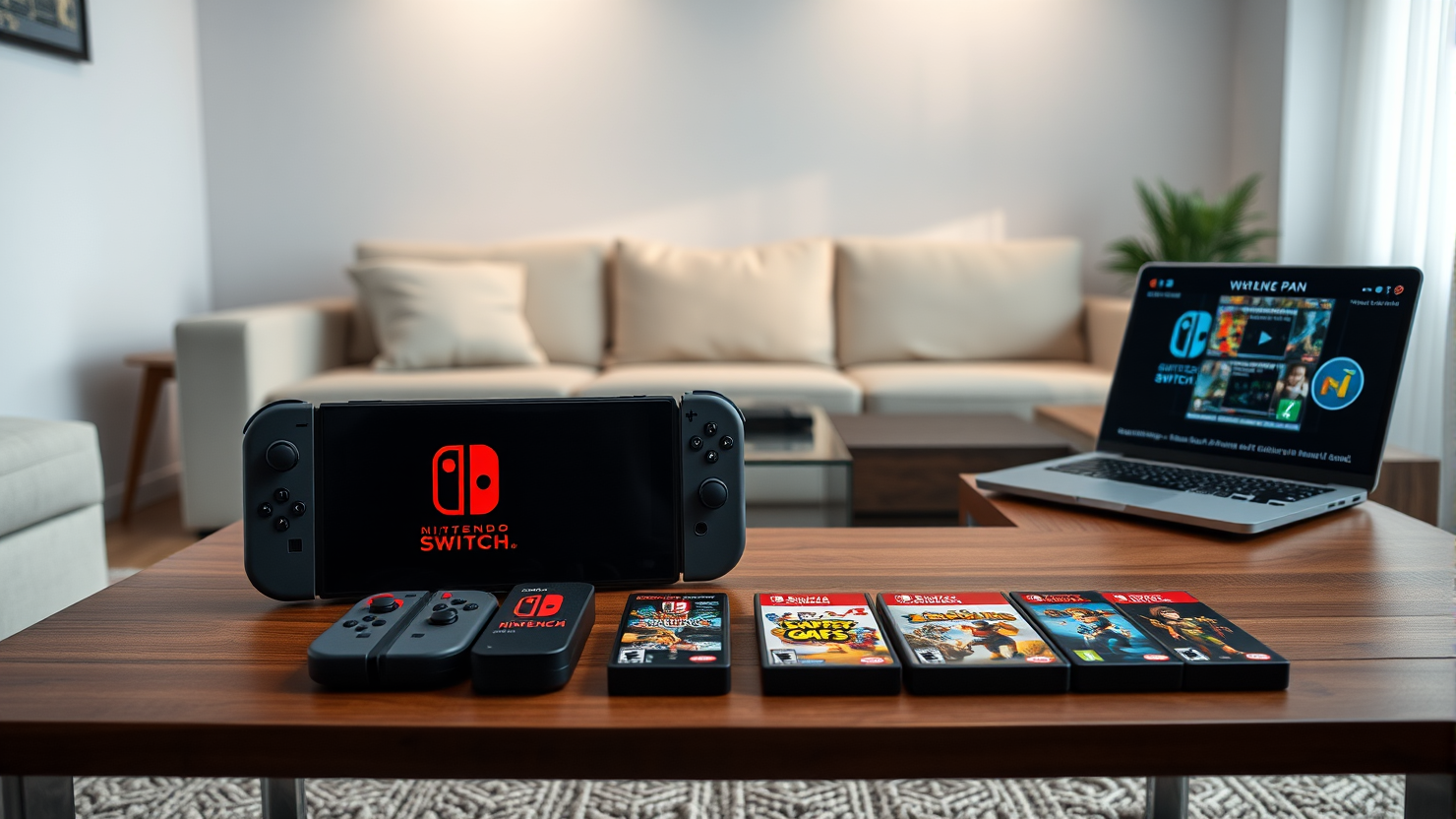Uber Secures Six-Year Robotaxi Partnership with Lucid, Pumps $300 Million into Electric Vehicle Company for Autonomous Future

In a significant development, ride-hailing giant Uber has announced a strategic partnership to deploy more than 20,000 autonomous vehicles, or robotaxis, over the subsequent six years. This collaboration marks a notable escalation in the demand for driverless cars.
The partnership involves Uber partnering with Lucid, an electric vehicle manufacturer, and Nuro, an autonomous vehicle startup. As part of this alliance, Uber will invest $300 million in Lucid. Simultaneously, Nuro will develop the self-driving technology that Lucid will utilize to supply Uber with robotaxis throughout the duration of the agreement, and receive a multi-hundred-million-dollar investment in return.
The announcement resulted in a 30% surge in Lucid’s stock price, while Uber shares experienced marginal growth. The companies aim to introduce these robotaxis in a major U.S. urban hub by the end of next year.
Uber CEO Dara Khosrowshahi expressed his excitement about the partnership, stating, “We’re thrilled to partner with Nuro and Lucid on this new robotaxi program, purpose-built for the Uber platform, to safely bring the benefits of autonomous driving to more people worldwide.”
In an interview with CNBC, interim CEO of Lucid, Marc Winterhoff, viewed the partnership as an opportunity for the EV maker to compete in a previously unpenetrated “completely new” addressable market.
Nuro will provide the “level 4 self-driving system” software for these vehicles. This technology enables autonomous driving under normal traffic and weather conditions without human intervention.
This collaboration with Lucid and Nuro follows Uber’s alliance with Alphabet-backed Waymo. The two companies expanded their services to Atlanta and Austin, Texas, earlier this year. Waymo’s vehicles also fall into the level 4 category, as defined by SAE Levels of Driving Automation. Tesla, led by Elon Musk, sells cars equipped with Autopilot and FSD Supervised systems that belong to the level 2 category, requiring a human driver. In June, Tesla initiated a robotaxi pilot test in Austin.
Lucid anticipates that the 450-mile range for its Gravity vehicles will contribute to cost savings, reduced charging times, and improved accessibility. Winterhoff suggested that the program may eventually incorporate future Lucid vehicles currently under development. “We’ve been chosen because of our EV technology leadership,” he said.
Testing for the first prototype vehicle is currently underway on a closed circuit at Nuro’s Las Vegas-based proving grounds. In April, the startup raised $106 million in a funding round from T. Rowe Price, Fidelity, Tiger Global, and Greylock.
The partnership is described as a “blueprint for a robotaxi program that’s both commercially viable and globally scalable,” according to a statement issued by Nuro to CNBC.
Bernie McTernan of Needham, commenting on Uber’s prospects, stated, “Uber has nothing but tailwinds at its back.”






